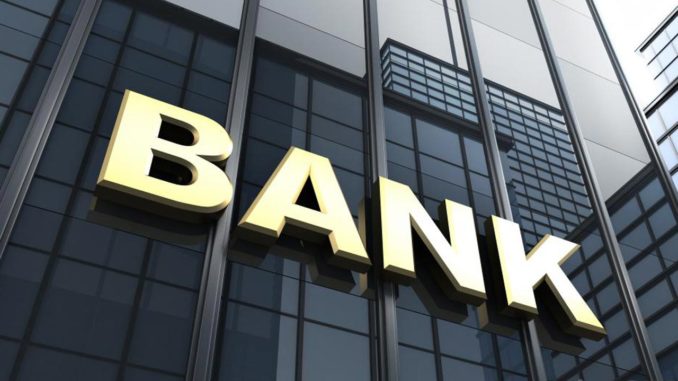
It is quite interesting that the House of Representatives has ordered investigations into the allegation that some deposit money banks (DMBs), in collaboration with officials of the Central Bank of Nigeria (CBN), diverted interest of N2.0 billion and USD3.8 million meant for the account of the Federal Government into their own accounts. At a time like this, all hands must be on deck to check such excesses and all loopholes in government’s finances must be plugged.
The DMBs to be investigated were alleged to have received monies paid to the Federal Government by companies that bought over Power Holding Company of Nigeria (PHCN) following PHCN’s privatisation. Rather than pay such monies into the account of the government, however, the banks were alleged to have diverted them into either personal accounts or those that benefit the receiving banks.
It is therefore commendable that the nation’s legislators have decided to investigate the serious allegation and they deserve the support of all agencies and individuals to make the exercise a successful one.
DMBs and CBN, as custodians of national wealth, must operate beyond suspicion. Anything to the contrary must be subjected to forensic scrutiny and those found culpable must never go unpunished. That will, indeed, be a veritable way to strengthen the on-going anti-corruption crusade of the government.
It is unbelievable that, in this era of implementation of the Treasury Single Account (TSA), there will still be fears over whether monies meant for government’s account were received or not. Indeed, except an earlier arrangement was made for funds to be warehoused pending the occurrence of a predetermined event or end of a specified period of time, there should be no reason for monies received by DMBs in favour of the government not to be credited or transferred to the TSA. Consequently, the deposited monies in the DMBs by the purchasers of the unbundled PHCN ought to promptly be in the account of the government. It is therefore, the responsibility of any bank accused of diversion or not remitting monies immediately or as may have been specified, to satisfactorily explain why it failed or neglected or refused to handle the transactions within best practices. Any unsatisfactory and unacceptable explanations must, of course, earn appropriate sanctions.
But what could have motivated the said banks to divert the monies? How possible is it that they aligned with officials of their regulator, CBN, to defraud the government, given the on-going search-light on financial activities of government?
If indeed, the monies were not received into government account, on what basis were the assets bought handed over to the buyers? And who did the handover? Could it have been that the banks were working in collaboration with those who claimed to have made the payments to the government?
Ordinarily, best practice demands that before handing over the assets, a verification and confirmation must have been made that value for the purchased assets had been received by the government. If such verification and confirmation were not done, that suggests a warped process for such an important national exercise. In that regard, beside the banks, the investigation should be extended to, at least, the Bureau of Public Enterprises (BPE), other government agencies involved in PHCN privatisation and the buyers of the assets.
It may, however, not be out of place to give consideration to the possibility that the banks neglected to either compute and pay interest on the credit balances arising from the monies paid by the buyers, or, after receiving the monies, they did not remit them to the government’s account at CBN. Even so, the banks are under statutory and regulatory obligation to do right by the people of Nigeria.
As it were, the CBN ought to have, at least, discovered and sanctioned them for non-compliance with the provisions of TSA and the Guide to Charges by Banks and Other Financial Institutions in Nigeria.
If the banks have not paid interest on the monies, they should be made to do so to date, with imposition of necessary penalties for failing to do that. If the monies received are yet to be remitted to TSA, the banks must do so immediately and CBN should appropriately sanction them for the unprofessional practice.
No doubt, the alleged diversion of government monies by DMBs clearly raises questions on the effectiveness of the performance of government agencies such as the CBN, the Nigeria Financial Intelligence Unit (NFIU) and the Economic and Financial Crimes Commission (EFCC) that often receive from DMBs returns on suspicious financial transactions. It also raises the need for transparency, accountability and due diligence in the handling of government’s financial and other transactions. Both public and private individuals as well as institutions/agencies must appreciate and put into practice these important good governance principles. That way, suspicions, allegations and investigations will be reduced while scarce resources usually expended on assuring that nothing is amiss will be channeled to more strategic issues of national importance for the development in the country.
END

Be the first to comment